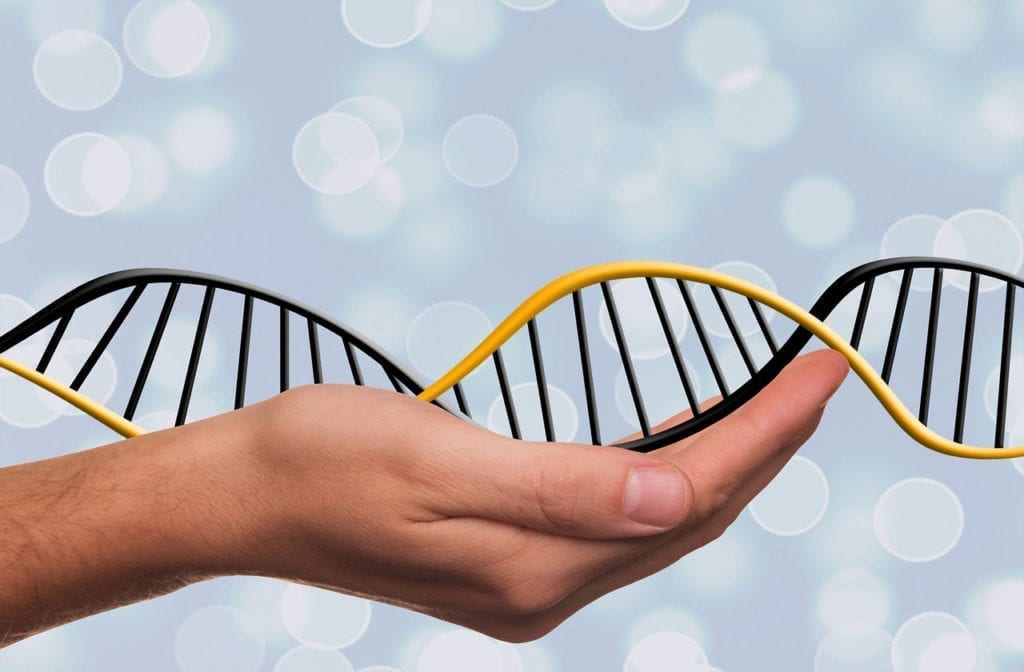Early this week, biopharmaceutical company Avidity Biosciences announced its inclusion into a collaborative natural history study on myotonic dystrophy type 1 (DM1). The study, END-DM1, is run by the Myotonic Dystrophy Clinical Research Network (DMCRN). Ultimately, END-DM1 hopes to discover more about the progression, symptoms, treatment, and impact of DM1. By learning more about this condition, researchers will be better poised to find and study potential therapies. In fact, says Avidity’s CMO Dr. Jae Kim, M.D., the findings from this study will help Avidity to develop AOC 1001 for DM1.
END-DM1
Ultimately, END-DM1 will analyze myotonic dystrophy progression, severity, and symptoms. The study will enroll 650 patients ranging in age from 18 to 70. The study is international, including 9 study locations in the United States and 5 in Europe. Supporters and investigators include VCU Health, the Wyck Foundation, and the Myotonic Dystrophy Foundation.
Next, researchers hope to use these findings to build Avidity’s AOC 1001 therapy. If successful, AOC 1001 would be the first disease-modifying therapy for patients with DM1. It works by reducing mutated DMPK micro RNA (mRNA). The company hopes to run a clinical trial for AOC 1001 before 2021 ends. To learn more about AOC 1001, click here.
Myotonic Dystrophy
There are two major forms of myotonic dystrophy, a rare disorder causing progressive muscle weakness. First, myotonic dystrophy type 1 (DM1) results from an abnormally extended DMPK gene. Alternately, an abnormally extended ZN59 gene causes myotonic dystrophy type 2 (DM2). Generally, patients with type 2 have a better overall prognosis, longer survival rate, and milder symptoms. Myotonic dystrophy causes prolonged muscle contractions and an inability to relax muscles after use. Generally, patients with type 1 experience muscle weakness in the lower legs, hands, face, and neck. Patients with type 2 experience muscle weakness in the hips, elbows, neck, and shoulders.
Symptoms include:
- Inability to relax muscles
- Constipation
- Gallstones
- Abnormal heartbeat
- Muscle weakness
- Fatigue
- Excessive sleepiness
- Difficulty breathing
- Cataracts
- Learning disabilities
- Intellectual and developmental delays
- Speech, hearing, and vision problems
- Abnormal uterine muscles
- Labor and pregnancy complications
Learn more about myotonic dystrophy.






